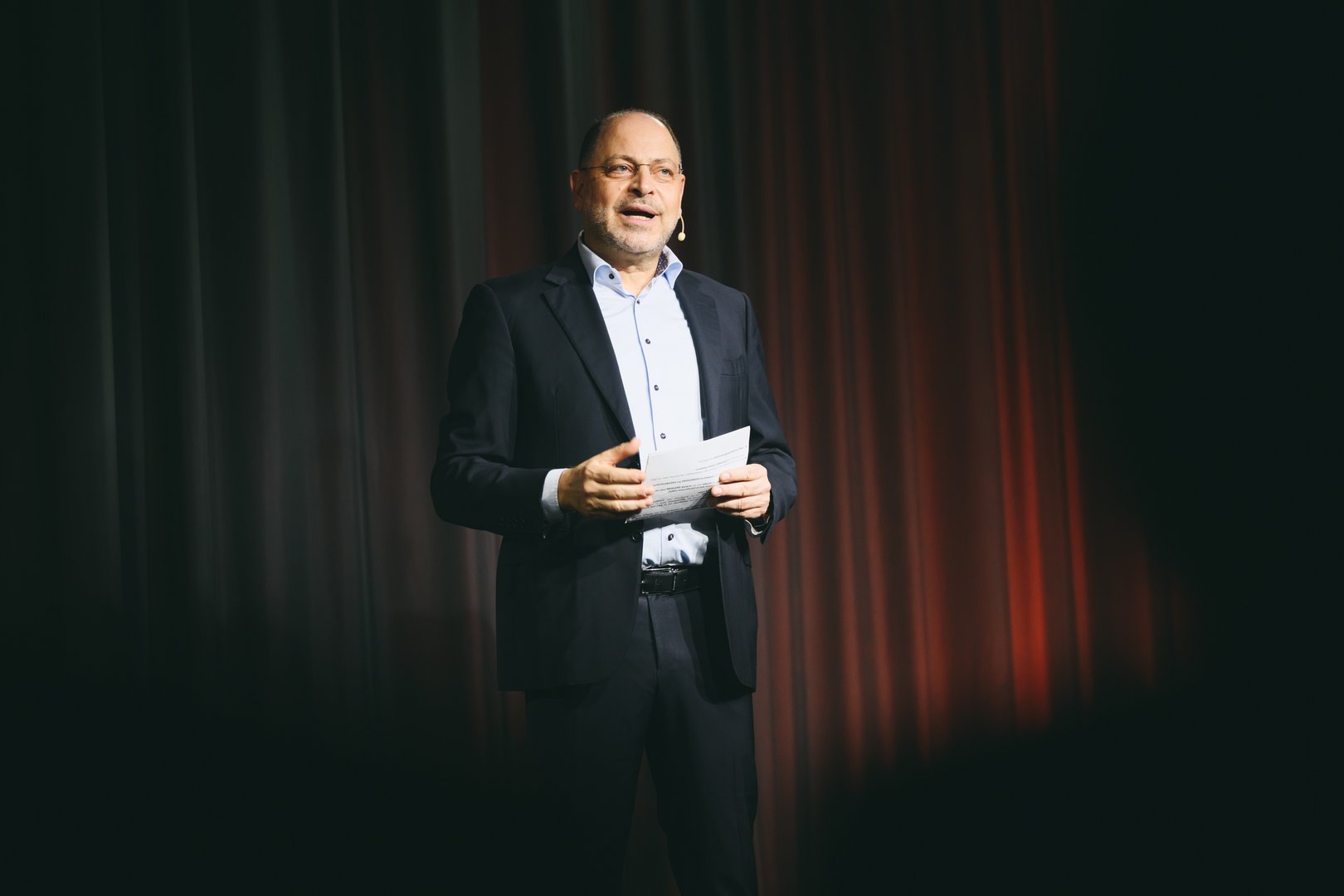Consulting and advisory firm PwC Cyprus presented the key findings of its 13th annual survey for CEOs in Cyprus at an event on Thursday, which was held under the theme of ‘Thriving in the age of continuous change: Accelerating the reinvention of our businesses’.
Reflecting on the survey results, the CEO of PwC Cyprus, Philippos Soseilos, said that “the PwC CEO survey reveals that CEOs in Cyprus demonstrate agility and adaptability as they are becoming increasingly more confident about the prospects of the Cyprus economy, especially when compared to the rest of the Eurozone”.
“At the same time, they are aligned with the CEOs globally in the recognition that their businesses will not be viable in the medium term unless they reinvent their business models, leveraging GenAI amongst other driving factors,” Soseilos stated, referencing Generative AI.
GenAI is a broad label describing any type of artificial intelligence (AI) that can produce new text, images, video, or audio clips.
“The message is clear: We should no longer speak of the need for speed in taking action. We should be speaking of the need to accelerate our reinvention,” Soseilos added.
This year’s survey, which also includes insights from 4,702 global CEOs across 105 countries, revealed a notable shift towards optimism regarding economic growth despite significant prevailing headwinds and disruptions.
Interestingly, CEOs in Cyprus, alongside their global counterparts, are adopting a more confident approach towards adaptability and agility, focusing their efforts on the reinvention agenda of their businesses.
In particular, 40 per cent of CEOs in Cyprus believe global economic growth will improve in the next 12 months.
Similarly, 43 per cent anticipate improvements in local economic growth, while 45 per cent stated they plan to increase their organisation’s headcount.
This marks a significant recovery in optimism from last year’s survey results, where CEOs globally and in Cyprus recorded historic levels of pessimism.
Moreover, a striking 43 per cent of CEOs in Cyprus acknowledge that their organisations will not be economically viable beyond the next ten years if they continue with their current operating model.
This realisation is directly associated with CEOs’ experience that technological change (66 per cent), changes in customer preferences (53 per cent) and government regulations (43 per cent) have significantly impacted companies in the last five years and will continue driving the need for reinvention over the next 3 years in an accelerated manner.
This realisation stems from CEOs’ experiences that technological change, changes in customer preferences, and government regulations have significantly impacted companies in the last five years and will continue to drive the need for accelerated reinvention over the next three years.
Technological change, identified as the number one driving force for reinvention, is highlighted by CEOs globally, in the Eurozone, and Cyprus, with those in the Eurozone also emphasising the rising significance of government regulations in this area.
The survey’s findings underscore the complex environment in which CEOs are called upon to make strategic decisions to safely navigate their businesses into a new era of continuous reinvention.
Concerns about major challenges remain acute, with inflation being the main concern at 23 per cent, followed by geopolitical conflicts and cyber-attacks at 21 per cent, and macroeconomic volatility at 18 per cent.
Despite these concerns, business leaders in Cyprus are more optimistic about their own organisation’s revenue growth over the next 12 months, with 41 per cent expressing strong optimism.
This is a slight increase compared to last year’s 38 per cent. In comparison, 35 per cent of CEOs in the Eurozone and 38 per cent of CEOs globally are very optimistic about their organisation’s revenue growth prospects in the coming year.
Regarding employee headcount, 45 per cent of survey participants in Cyprus plan to increase numbers, and 49 per cent will not make any changes for the next 12 months.
In contrast, CEOs in the Eurozone and globally give a 19 per cent and 22 per cent probability, respectively, of reducing their headcount.
The survey also touches on the rapidly evolving Artificial Intelligence landscape, particularly the emergence of Generative Artificial Intelligence (GenAI).
The results point toward an expectation that GenAI will address current administrative inefficiencies and improve the quality of services and products over the next 12 months.
Finally, the results highlighted the significant need for workforce upskilling.







Click here to change your cookie preferences